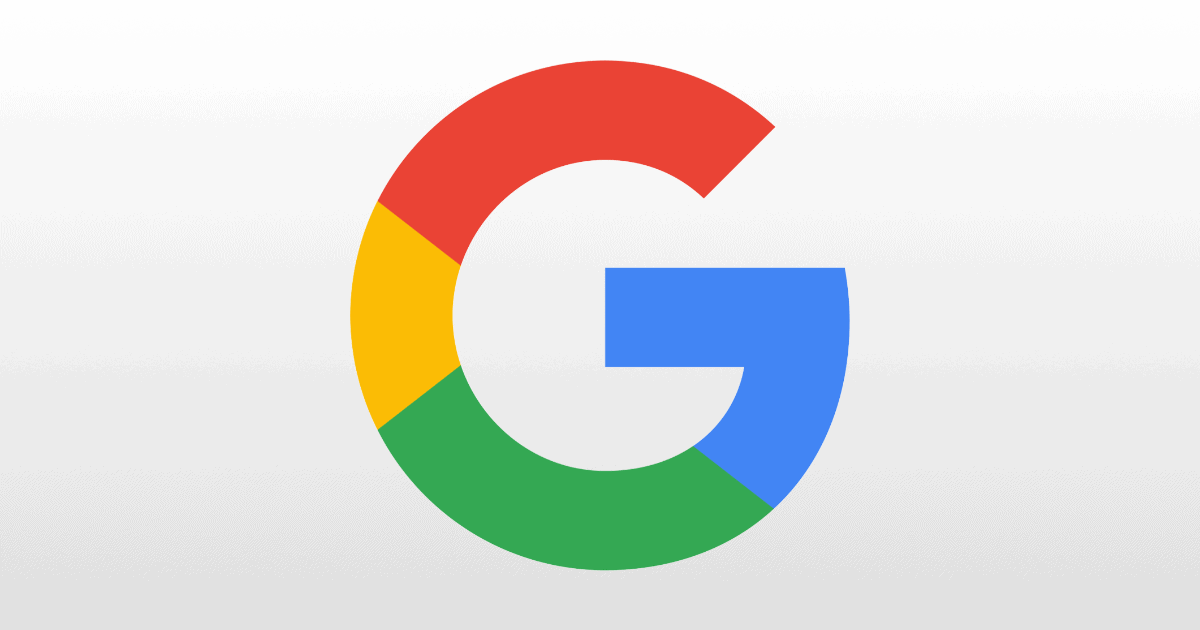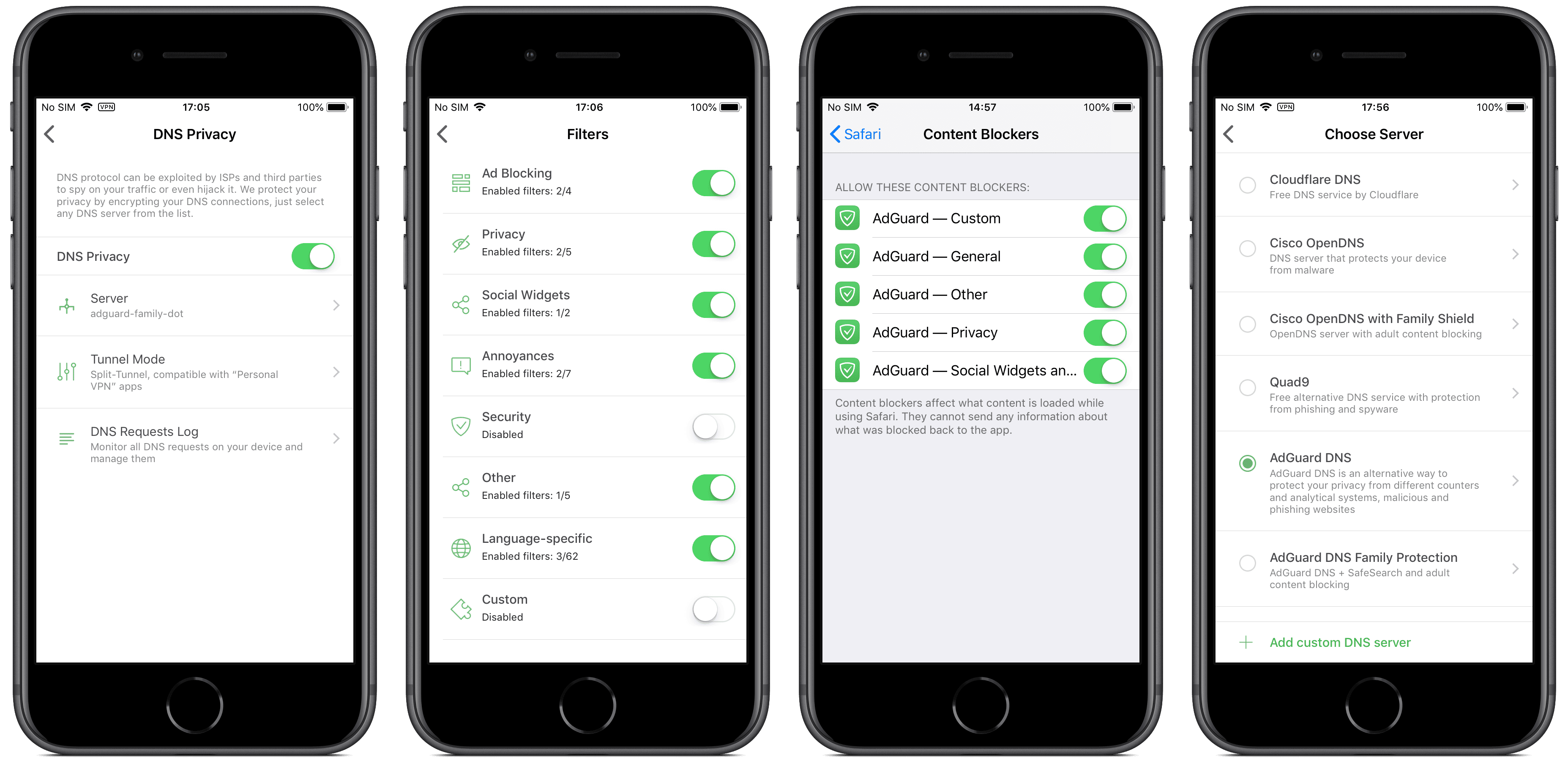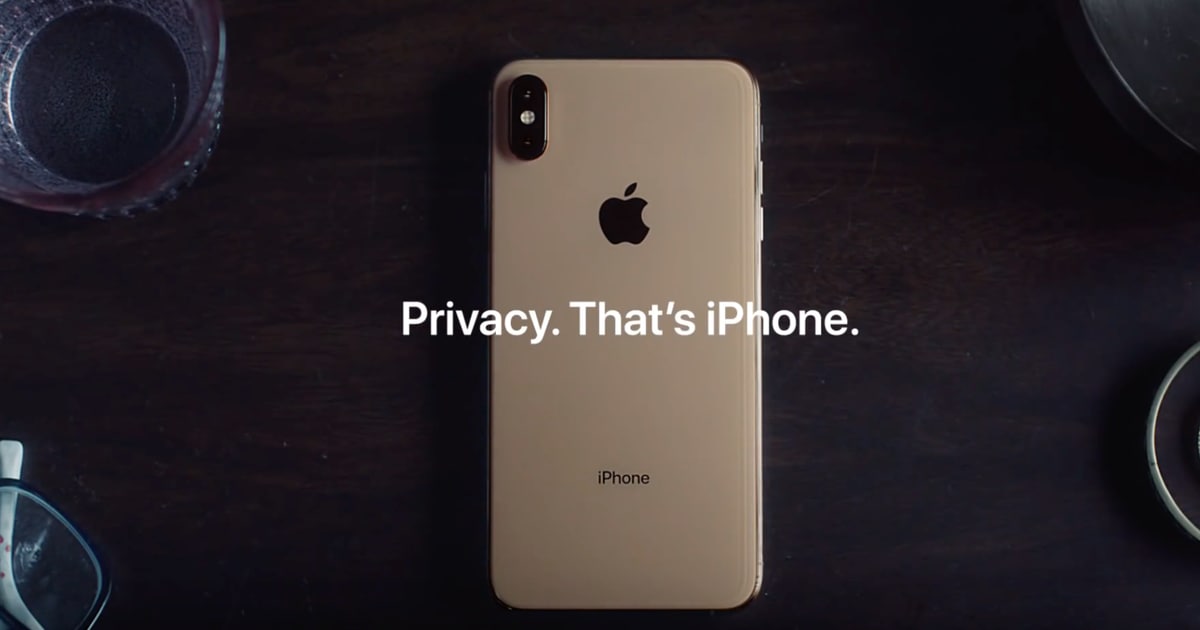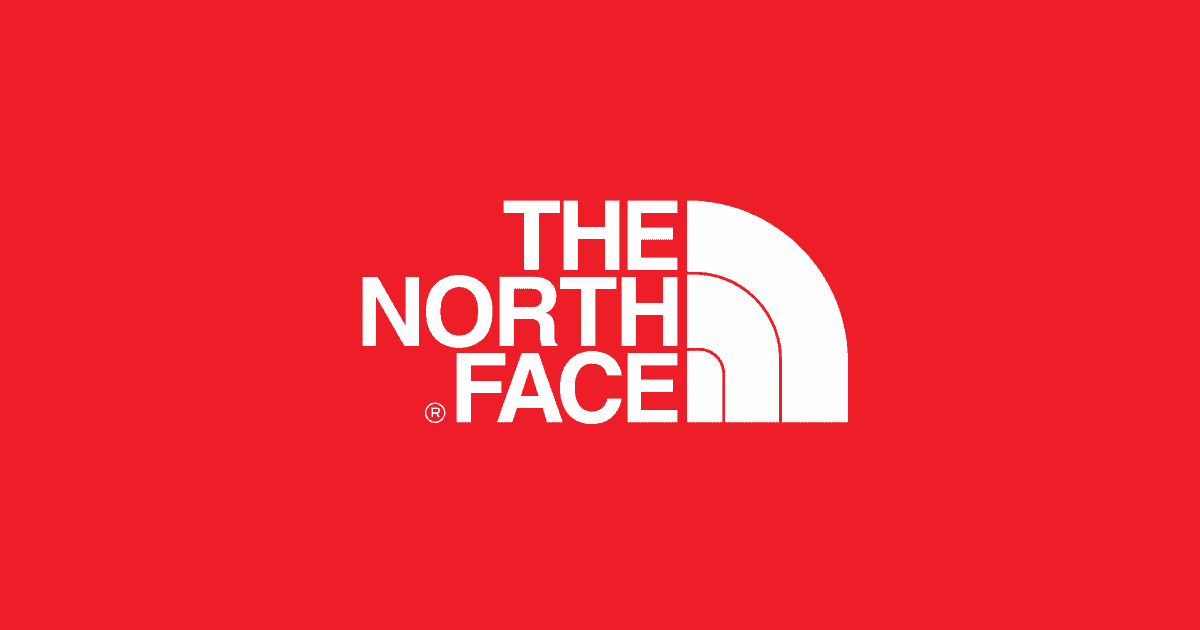As part of Google’s DoubleClick/Authorized Buyers advertising system, the company created hidden webpages for advertisers that violate its own policies.
Google Push Pages are served from a Google domain (https://pagead2.googlesyndication.com) and all have the same name, “cookie_push.html”. Each Push Page is made distinctive by a code of almost two thousand characters, which Google adds at the end to uniquely identify the person that Google is sharing information about. This, combined with other cookies supplied by Google, allows companies to pseudonymously identify the person in circumstances where this would not otherwise be possible.
















